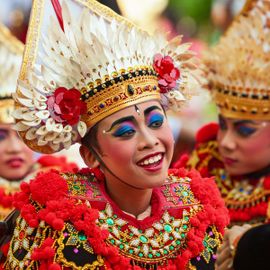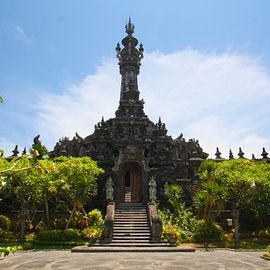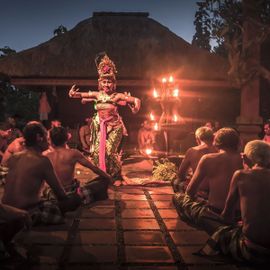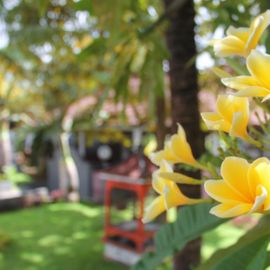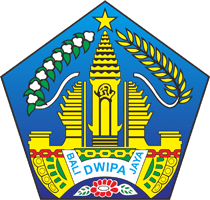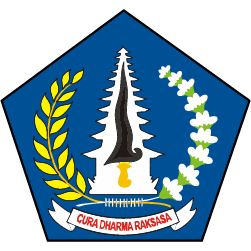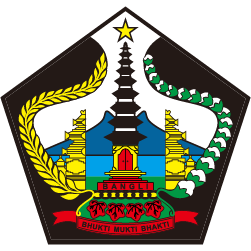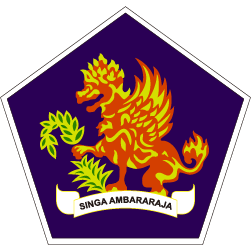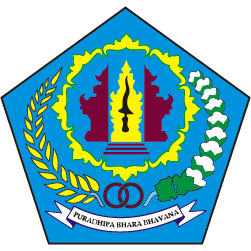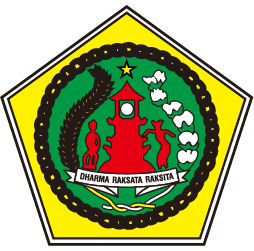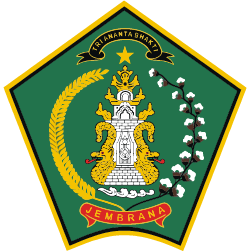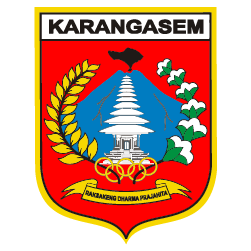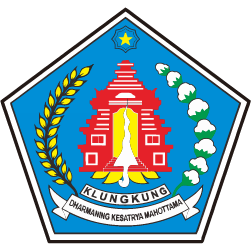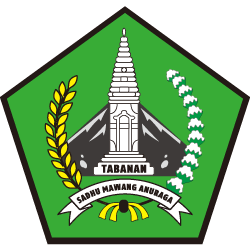Recognizing The Verbal Traditions In Balinese Names
Recognizing The Verbal Traditions In Balinese Names.
A name reflects the cultural identity of one's residence. In Bali, a name is given according to the traditions. There is no written reference that contains the tradition of giving names to the Balinese. Although there are no guidelines, verbal tradition is still very solid in giving names to children born in Bali, especially from families who have Hindu beliefs.
If you get to know a native Balinese named Kadek, Nyoman, Putu, Ketut, and others, it means the name is being attached to a cultural identity that is carried from birth. These names have profound meanings, both for the person and the traditions. Of course, throughout the journey of life, the bond between the name and tradition of residence couldn't be separated.
Some sources say that the nomenclature according to Balinese tradition is given based on gender, title, birth order, family line and the situation at birth. Isn't it quite unique? Yes, of course. The family relations, social and natural environment will be described through a name.
Names according to gender are the easiest one to understand. The name 'Ni' is for women while the name ‘I’ is for men. However, not all Balinese use gender-appropriate names, such as Ida Ayu, Ida Bagus, Sang Ayu, Cokorda Istri. People who don't use gender-appropriate names are usually caused by wangsa (house) or kasta (caste).
A title is a standard rule in Bali. The title is applied in accordance with the wangsa or kasta, it can also be interpreted as a class division. There are four class divisions by name, namely Brahmin, Knight, Wesia, and Sudra. The Brahmins are given the name Ida, for example, Ida Bagus, Ida Ayu, Ida Ketut, Ida Wayan. Furthermore, the Knights group is attached to the name I Gusti, Anak Agung, Cokorda, I Dewa. The name Dewa, Sang, Ngakan, Bagus was given to the male group. Whereas for women, they will be named Desak, Sang Ayu, Ayu. Finally, the Sudra will only be named according to their birth order.
The nomenclature according to birth order has undergone several changes. In the past, a family can have children up to 10. Then the name order counts to 4, while the fifth child will be given the same name as the last child. The first child is given a marker of the order of Putu, Gede, Wayan, Luh. The second child by the order name Made, Kadek, Nengah. Furthermore, the order name Nyoman, Komang was given to the third child. The fourth and so on will be named Ketut marker. However, based on the verbal rules in Bali, people will give the name of the fifth child the same as the first child, namely Putu, Gede, Wayan, Luh.
The situation at birth is also given as a marker. For example, someone who is born during the full moon will be named Purnami. Names like Kompyang, Susila, Ngadeg and so on are also markers of the situation that occurred at birth.
A name is very important in building one's identity. At a minimum, the name you have will fulfill the administrative requirements for an identity card, because the name of someone will be present in the middle of social society. The name given is also a symbol of hope.
